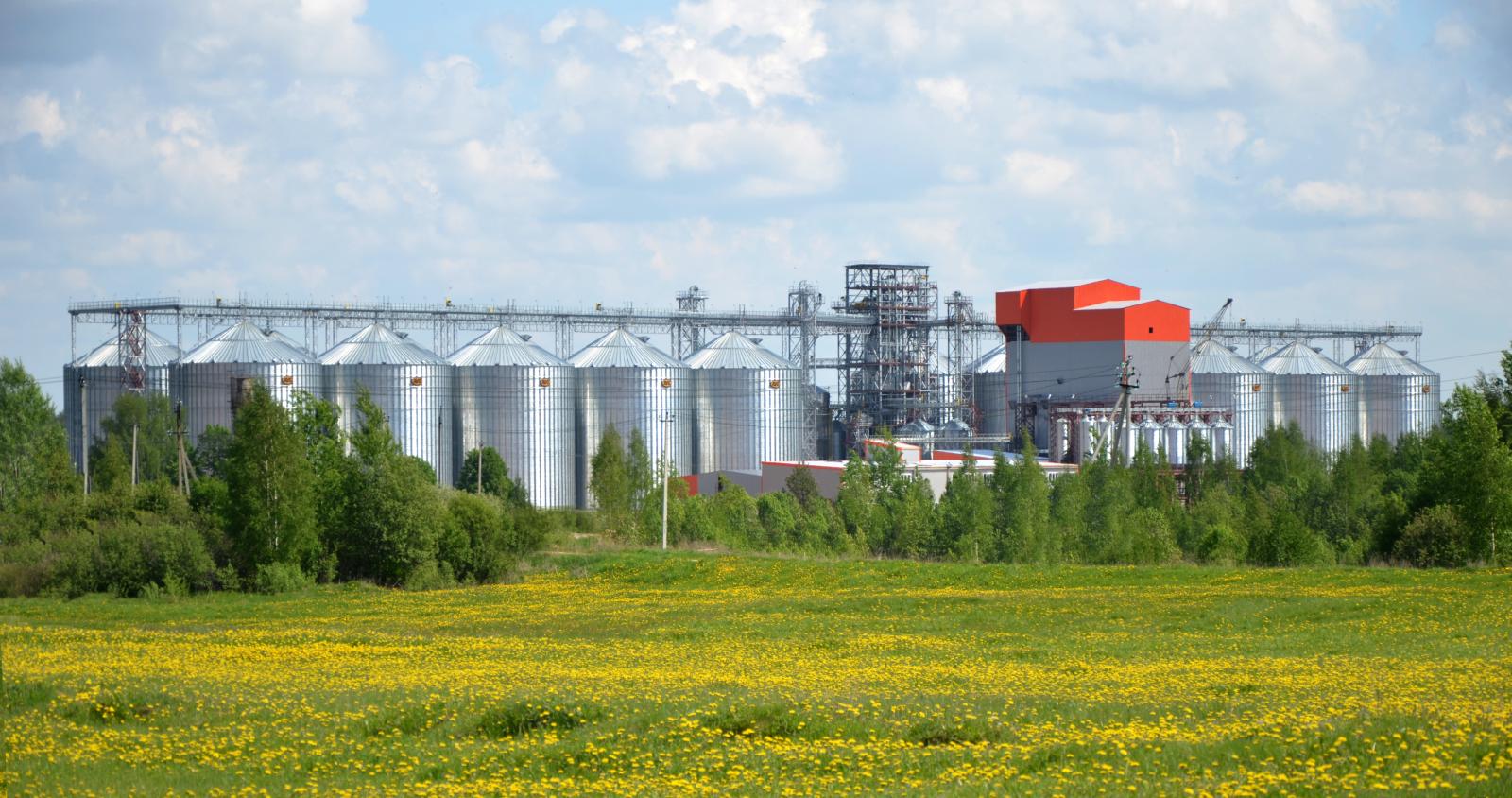The EU reached a compromise regarding the extension of visa-free trade with Ukraine

The EU ambassadors approved the extension of visa-free trade with Ukraine for the next year with clarifications regarding the conditions of application of protective restrictions. This was announced by the Belgian Presidency of the Council of the EU.
"EU ambassadors agreed on a new compromise on the expansion of trade measures for Ukraine, which will ensure a balanced approach between supporting Ukraine and protecting EU agricultural markets," the message reads.
This compromise has yet to be approved by the European Parliament.
According to the updated agreement, it is proposed to include oats, corn, cereals and honey among the goods that can be subject to "automatic" safeguard measures. At the same time, it is proposed to reduce the activation period of such protective measures from 21 to 14 days.
According to Radio Svoboda, the decision was made on the condition that quotas and duties will be introduced based on import volumes not only in 2022 and 2023, but also in the second half of 2021.
This compromise agreement was demanded to be included by France and Poland.
"The baseline period used to activate the protection mechanism will be extended to the second semester of 2021. The Commission will also strengthen some of the wording in its declaration... This is a very delicate balance that member states could reach today in a fine spirit of compromise," the official told reporters in Brussels on condition of anonymity.
The decision still has to be re-approved by the European Parliament, as it differs from the previously agreed one. Its last plenary session before the elections, and therefore the renewal of the composition of the EU legislative body, is in April. Whereas on June 5, the deadline for EU measures to liberalize trade for Ukraine in the conditions of a war on the part of Russia expires.
